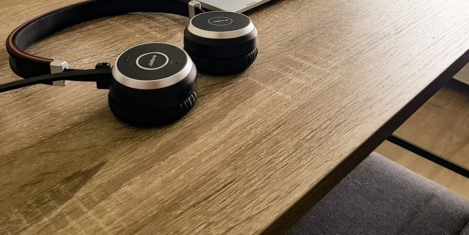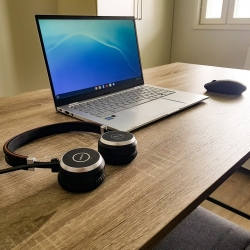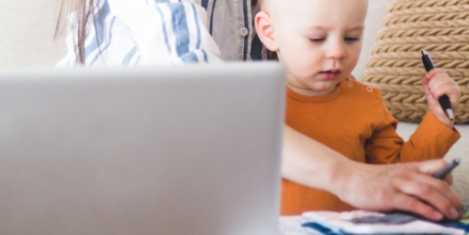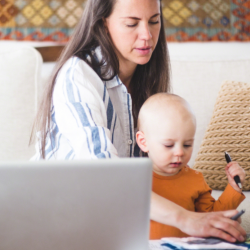March 30, 2021
New normal looking more and more like old normal, say facilities managers
 Workers across the UK could return to offices faster than anticipated, according to a new RICS survey of facilities managers. According to the poll, a growing number of respondents say that up to 80 percent of employees will head back once the pandemic is resolved. This is up from less than 60 percent expected in the same poll from the previous quarter ending November 2020. As evidence suggests the UK vaccination programme is taking hold across the country, results to the RICS UK Facilities Management Survey show more respondents starting to believe employees could return to the office in greater numbers than many initially expected in the previous quarter. (more…)
Workers across the UK could return to offices faster than anticipated, according to a new RICS survey of facilities managers. According to the poll, a growing number of respondents say that up to 80 percent of employees will head back once the pandemic is resolved. This is up from less than 60 percent expected in the same poll from the previous quarter ending November 2020. As evidence suggests the UK vaccination programme is taking hold across the country, results to the RICS UK Facilities Management Survey show more respondents starting to believe employees could return to the office in greater numbers than many initially expected in the previous quarter. (more…)









 Remote workers are still struggling with distracting working environments, stress and an ‘always-on’ culture after a year of working from home. Egress’
Remote workers are still struggling with distracting working environments, stress and an ‘always-on’ culture after a year of working from home. Egress’ 
 Remote work, rapidly accelerated by the pandemic, is now essential to business success and worker productivity. However, as parts of the world open up and hybrid work becomes a reality, research claims that companies must invest in establishing flexible work policies and programs, and address a sizeable disconnect in trust between decision makers and employees, according to a Forrester study commissioned by
Remote work, rapidly accelerated by the pandemic, is now essential to business success and worker productivity. However, as parts of the world open up and hybrid work becomes a reality, research claims that companies must invest in establishing flexible work policies and programs, and address a sizeable disconnect in trust between decision makers and employees, according to a Forrester study commissioned by 


 New research by environmental charity
New research by environmental charity 
 More than six in ten UK managers have experienced burnout at work because of the COVID-19 pandemic, with a fifth considering quitting their job as a result, according to new research from
More than six in ten UK managers have experienced burnout at work because of the COVID-19 pandemic, with a fifth considering quitting their job as a result, according to new research from 
 A new report from think tank Demos and Legal & General calls on the UK Government to back policy change that supports growth of hybrid working and local offices to drive forward its plans for regeneration and economic growth. The report,
A new report from think tank Demos and Legal & General calls on the UK Government to back policy change that supports growth of hybrid working and local offices to drive forward its plans for regeneration and economic growth. The report, 
 Around a half (51 percent) of employees believe job security and flexibility (40 percent) are more important than salary (32 percent) when considering whether to remain at their current employer, according to a new report by UK law firm,
Around a half (51 percent) of employees believe job security and flexibility (40 percent) are more important than salary (32 percent) when considering whether to remain at their current employer, according to a new report by UK law firm, 
 One of the most significant consequences of the 2008 economic crash was a remarkable shift
One of the most significant consequences of the 2008 economic crash was a remarkable shift 
 New data from
New data from 
 Employees could save over £2,200 a year and ‘get back’ 98 mins a day if companies adopted a ‘Work Near Home’ model for offices in the future, claims research from workspace company,
Employees could save over £2,200 a year and ‘get back’ 98 mins a day if companies adopted a ‘Work Near Home’ model for offices in the future, claims research from workspace company, 
 As employees continue to be forced home during the pandemic, nearly half of them are reporting high levels of exhaustion. A new study by
As employees continue to be forced home during the pandemic, nearly half of them are reporting high levels of exhaustion. A new study by 







